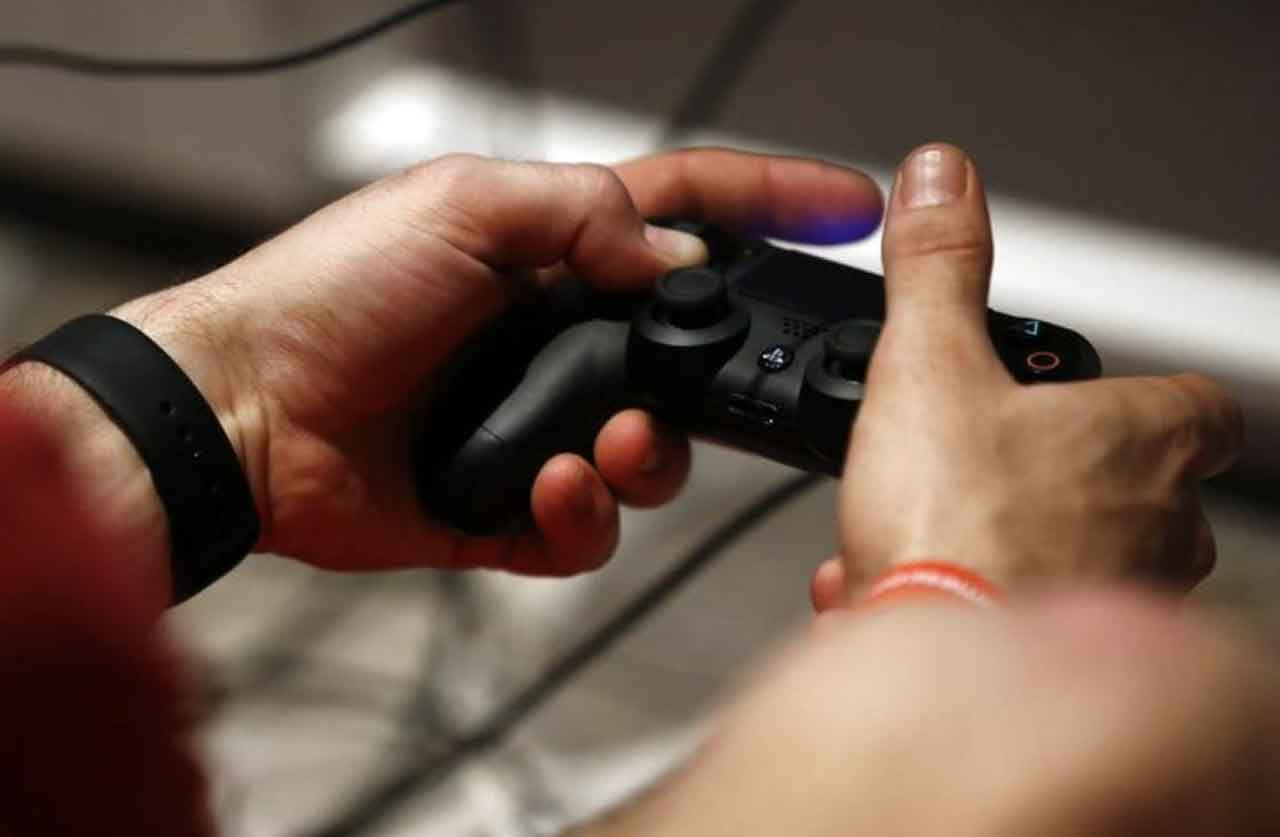The Gaming Obsession: What Does it Mean?
Thunder Bay – Living – Video games have become an integral part of modern entertainment, offering immersive experiences and captivating storylines that lure players into virtual worlds. While gaming in moderation can be a source of enjoyment and even social interaction, excessive gameplay, particularly eight or more hours a day, can lead to significant consequences. In this article, we delve into the potential risks of spending prolonged hours in front of a screen, focusing on its impact on mental health and the onset of depression.
I. Escapism and Reality Disconnect
One of the primary dangers of excessive gaming is the temptation of escapism. Gamers, especially those facing challenges or stressors in real life, might find solace in the virtual realm. However, an excessive escape from reality can lead to a disconnect from real-world responsibilities and social interactions. Over time, this detachment can intensify feelings of isolation and exacerbate mental health issues.
II. Sleep Disruptions and Cognitive Impairment
Extended gaming sessions often lead to disrupted sleep patterns. The blue light emitted from screens interferes with the production of melatonin, a hormone essential for regulating sleep. Chronic sleep disturbances not only impair cognitive function but also contribute to mood disorders like depression and anxiety. Lack of restorative sleep weakens the brain’s ability to process emotions and cope with daily challenges, amplifying the risk of mental health problems.
III. Sedentary Lifestyle and Physical Health Complications
Excessive gaming promotes a sedentary lifestyle, which is linked to various physical health complications such as obesity, diabetes, and cardiovascular diseases. Lack of physical activity not only affects the body but also takes a toll on mental well-being. Studies have shown a strong correlation between physical fitness and mental health, indicating that neglecting physical health due to prolonged gaming can increase the susceptibility to depression.
IV. Social Isolation and Loneliness
While online multiplayer games offer a platform for social interaction, excessive gaming can paradoxically lead to social isolation. Spending extensive hours gaming can reduce face-to-face interactions with family and friends, limiting the development of essential social skills. Social isolation and loneliness are potent triggers for depression, creating a cycle where individuals retreat further into the virtual world, exacerbating their mental health challenges.

V. Dopamine Dysregulation and Gaming Addiction
Excessive gaming triggers the release of dopamine, a neurotransmitter associated with pleasure and reward. With prolonged exposure, the brain’s reward system can become dysregulated, requiring more gaming to achieve the same level of satisfaction. This phenomenon parallels addiction and can lead to compulsive gaming behaviours, neglecting other aspects of life and intensifying the risk of depression and other mental health disorders.
Conclusion: Striking a Balance
While video games offer a thrilling form of entertainment, it’s crucial to strike a balance between gaming and other aspects of life. Recognizing the signs of excessive gaming and seeking help if needed is essential to maintaining good mental health. Encouraging outdoor activities, hobbies, and social interactions can provide a holistic approach to well-being. By understanding the potential risks associated with excessive screen time, individuals can make informed decisions and foster a healthier relationship with gaming, ensuring a happier and more fulfilling life.







